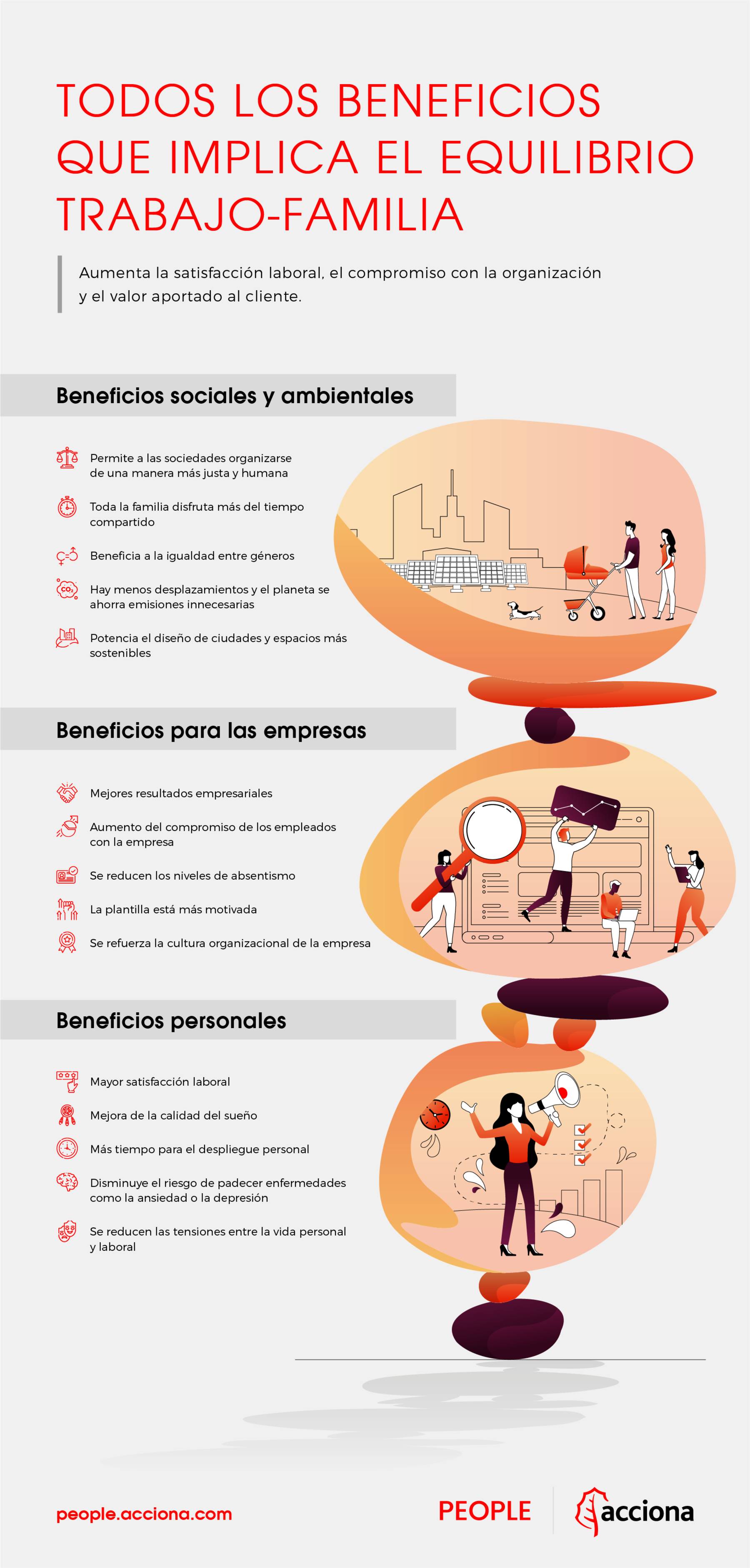“There is no plan B, since there’s no planet B”. Those are the categorical words of former Secretary-General of the UN Ban Ki-Moon, when he presented in 2014 in New York the 17 Sustainable Development Goals (2015-2030). The sustainability of the planet, far from being an abstract concept, is a physical and material reality which has an effect on all of us as a part of the ecosystem.
In that sense, work-life balance is not just a simple coordination tool between job and family responsibilities, but a cardinal point towards a fairer, more humane and more sustainable organization of societies.
We have discussed the benefits of work-life balance for both employees and organizations before, but we must not neglect the benefits of work-life balance for society. Organizations play a crucial role in order to facilitate that said benefits become a reality. Let’s illustrate this from three perspectives: childhood, gender equity and sustainability.
Childhood: the importance of sharing time with minors
When speaking of work-life balance, we sometimes think about the right on the part of employees to manage their personal time “their own way”. But when there’s a family with children, their care acquires capital importance: children have the right to be with their parents, particularly during the early stages of their life.
Nordic countries, an example of work-life balance implementation, have two premises in mind when elaborating their conciliation policies: child best interest and freedom to choose. The former takes minors into account when developing flexibility policies, and the State provides time to their parents through time-off policies and flexibility programs.
In other words, Nordic countries promote work-life balance in order to ensure that children grow healthy and are able to develop their potentialities from the get-go. That´s why organizations should be aware that by facilitating a true work-life balance, they’re not only allowing their employees to manage their responsibilities better, but also their children to grow in plenitude.

